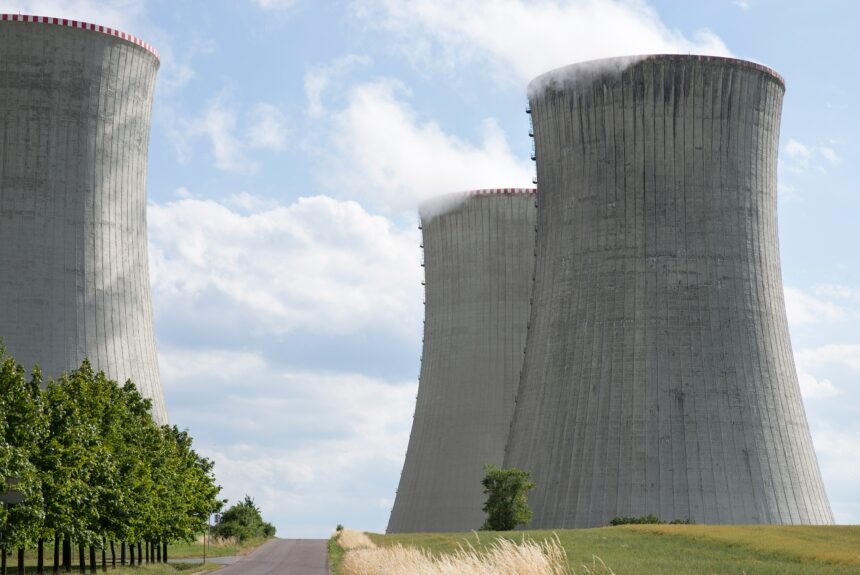The growing movement of bipartisan support for permitting reform in Congress is continuing to take shape. As E&E News reports, members from both sides of the aisle are backing reforms to safety and environmental regulations for nuclear power. This support will be crucial to helping America meet its environmental objectives while providing reliable energy to power the economy.
>>>READ: The Case for Optimism in the House of Representatives
Not only is nuclear America’s largest source of carbon-free power, but it is also the most reliable form of energy. Nuclear’s capacity factor, which measures the percentage of time that a power plant is operating at full capacity, is 92.3%, the largest by far among available power sources. Geothermal and natural gas come in second and third place with capacity factors of 74.3% and 56.6%, respectively.
While nuclear power is one of the safest forms of energy, public support remains mixed. Federal regulations have gradually become more burdensome, making it more difficult and expensive to build and operate nuclear power in the United States. Today it takes an average of 6.7 years for a plant to receive approval from the Nuclear Regulatory Commission (NRC) to begin construction and another 9 years before the plant becomes operational.
Under these regulations advanced nuclear reactors also suffer. In fact, only seven advanced nuclear reactor designs have been approved by the NRC. The process costs millions of dollars and takes years to complete. As Senator Martin Heinrich (D-NM) recently told E&E News, “These regulatory timelines do not lend themselves to fighting the climate crisis.”
By artificially inflating the time and cost to license and construct nuclear reactors, regulators are discouraging private sector investment in the space. Prior to Plant Vogtle’s Units 3 and 4 in Georgia, no new nuclear power plants were constructed in the United States in decades.
Inefficient regulations are setting the United States back in the race to develop reliable and affordable carbon-free power. In 2022 alone China approved 6 new reactor designs and is planning to build at least 150 new reactors in the next 15 years, which is more than the U.S. has built in the last 35 years and more than the total number of reactors operating in the U.S.
>>>READ: Five of the World’s Leading Small Modular Reactor Companies
In the past lawmakers have tried to address the problem of licensing for nuclear power. In 2019, Congress directed the NRC to update its licensing framework to accommodate new, innovative nuclear energy technologies. Last year the NRC released its updated plan which borrowed largely from its old licensing requirements and outdated radiation standards that do not provide additional safety to the public and are extremely hard for companies to meet. Instead of providing a viable pathway to develop advanced nuclear energy in the United States, the NRC has effectively doubled down on its inefficient process.
As C3 Solutions has laid out in the Climate and Freedom Agenda there are several reforms that lawmakers can take to ease barriers for nuclear power. In the current Congress, one piece of legislation that would improve the process is the Modernize Nuclear Reactor Environmental Reviews Act, introduced by Rep. Jeff Duncan (R-SC). The bill would, among other things, expand the use of categorical exclusions for nuclear power under the National Environmental Policy Act (NEPA) and allow the NRC to use a more general and streamlined process to approve reactors.
Encouragingly, cooperation to modernize permitting and regulations for nuclear power is becoming increasingly bipartisan. Senator Brian Schatz (D-HI) told reporters, “Anything that makes it easier to generate [low-]carbon or zero-carbon energy, I’m gonna be leaning heavily into it.”
With issues as complex as energy and the environment, lawmakers must look for ways to modernize permitting for all energy sources. Providing regulatory certainty will empower the private sector to help America meet its economic, energy security, and environmental goals.
The views and opinions expressed are those of the author’s and do not necessarily reflect the official policy or position of C3.
